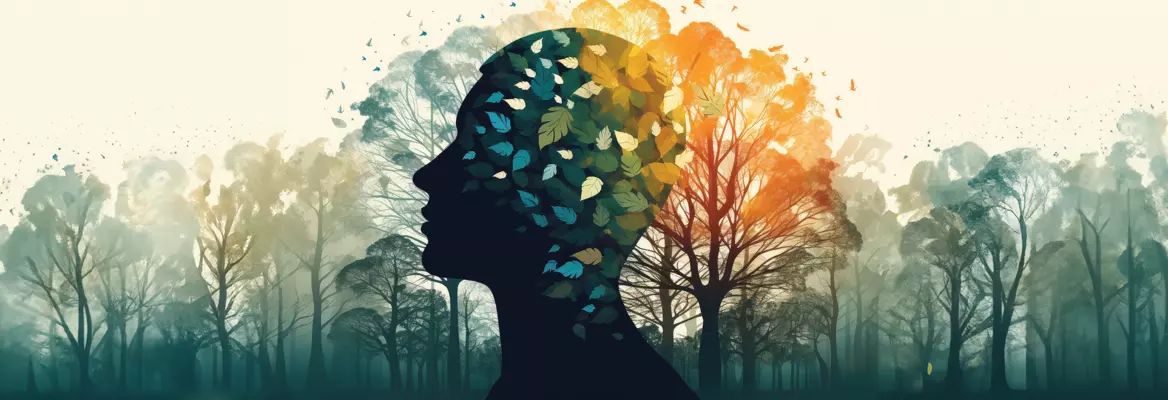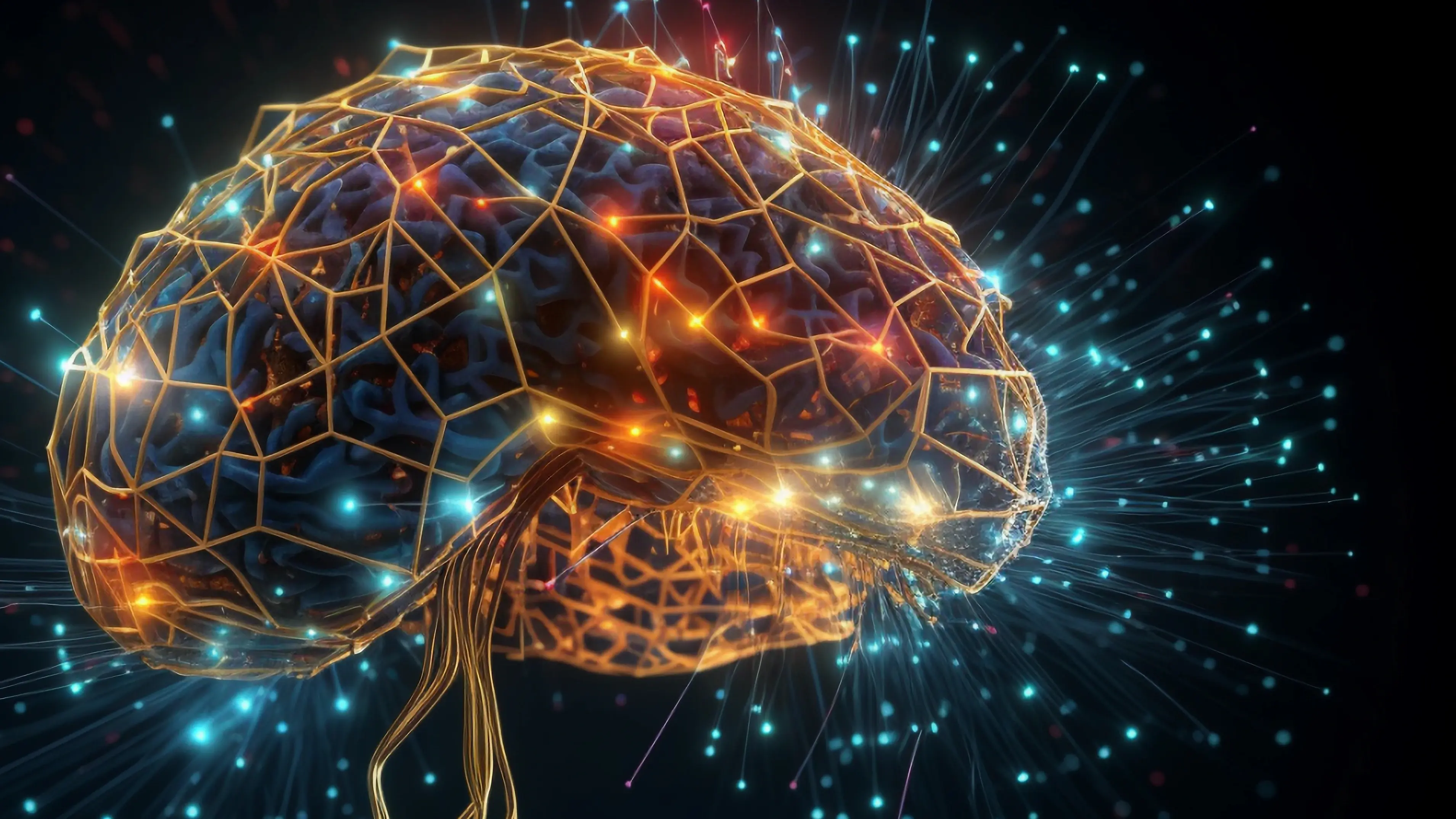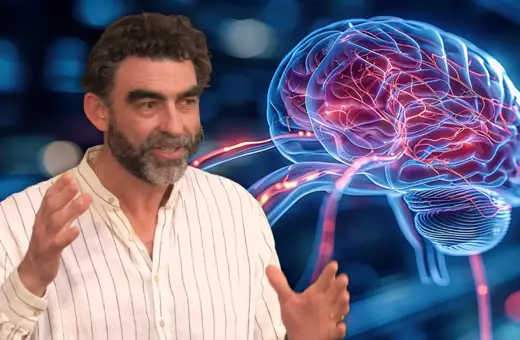The American public intellectual and creator of the television series Closer to Truth, Robert Lawrence Kuhn has written perhaps the most comprehensive article on the landscape of theories of consciousness in recent memory. In this review of the consciousness landscape, Àlex Gómez-Marín celebrates Robert Kuhn’s rejection of the monopoly of materialism and uncovers the radical implications of these new accounts of consciousness for meaning, artificial intelligence, and human immortality.
The scientific study of consciousness was not sanctioned by the mainstream until the nineties. Let us not forget that science stands on the shoulders of giants but also on the three-legged stool of data, theory, and socio-political wants. Thirty years later, the field has grown into a vibrant milieu of approaches blessed and burdened by covert assumptions, contradictory results, and conflicting implications. If the study of behaviour and cognition has become the Urban East, consciousness studies are the current Wild West of science and philosophy.
The American public intellectual, international corporate strategist, and PhD in neurophysiology, Robert Lawrence Kuhn is one of the few pioneers attempting to provide some comprehensive order to such a vexed matter. In a recent article entitled “A landscape of consciousness: Toward a taxonomy of explanations and implications”, the creator and host of the public television series Closer to Truth has begun to rescue such an ultimate frontier of human knowledge from the sterile provincial quarrels, egocentric delusions of grandeur, and myopic glares that plague the field of consciousness research.
The origins of our perplexity in making sense of experience itself can be traced back to Galileo Galilei, who programmatically excluded subjective experience from the purview of science. One can interpret this sagacious move as a means to understand nature in two phases: let us first start with what lends itself to measurement and mathematisation (the “primary phenomena of motion and touch”, in Galileo’s words) and leave for later what resists it. “I think that tastes, odors, colors, and so on (…) reside only in consciousness”, he wrote in The Assayer in 1623.
___
Until quite recently, most researchers could only get their toothpaste in the supermarket monopoly of materialism, a philosophical doctrine often presented as a scientific fact. But things are changing.
___
Such a strategy proved tremendously successful, giving rise to physics, then chemistry, next biology, and finally psychology. The progression of scientific disciplines reaped great (but progressively diminishing) returns. Studying matter is, no doubt, hard. But there is something about life and mind that particularly defies the so-called scientific method. Four hundred years later, we can’t ignore the elephant in the room anymore: experience is what makes science possible and yet a proper science of consciousness seems unattainable. The Galilean knot remains untied. Today we call it “the hard problem”.
It is ironic and fascinating to note that the hard problem of consciousness has amplified the “toothbrush problem” of theorists. Consciousness researchers treat their explanations much like toothbrushes: everyone has their own, but nobody wants to use someone else’s. Moreover, until quite recently, most researchers could only get their toothpaste in the supermarket monopoly of materialism, a philosophical doctrine often presented as a scientific fact. But things are changing. To hold on to the analogy, an orthodontics of consciousness is coming about. New comprehensive views are allowing to expand our jaws, correct misplaced teeth, and prevent misaligned bite patterns.






















Join the conversation